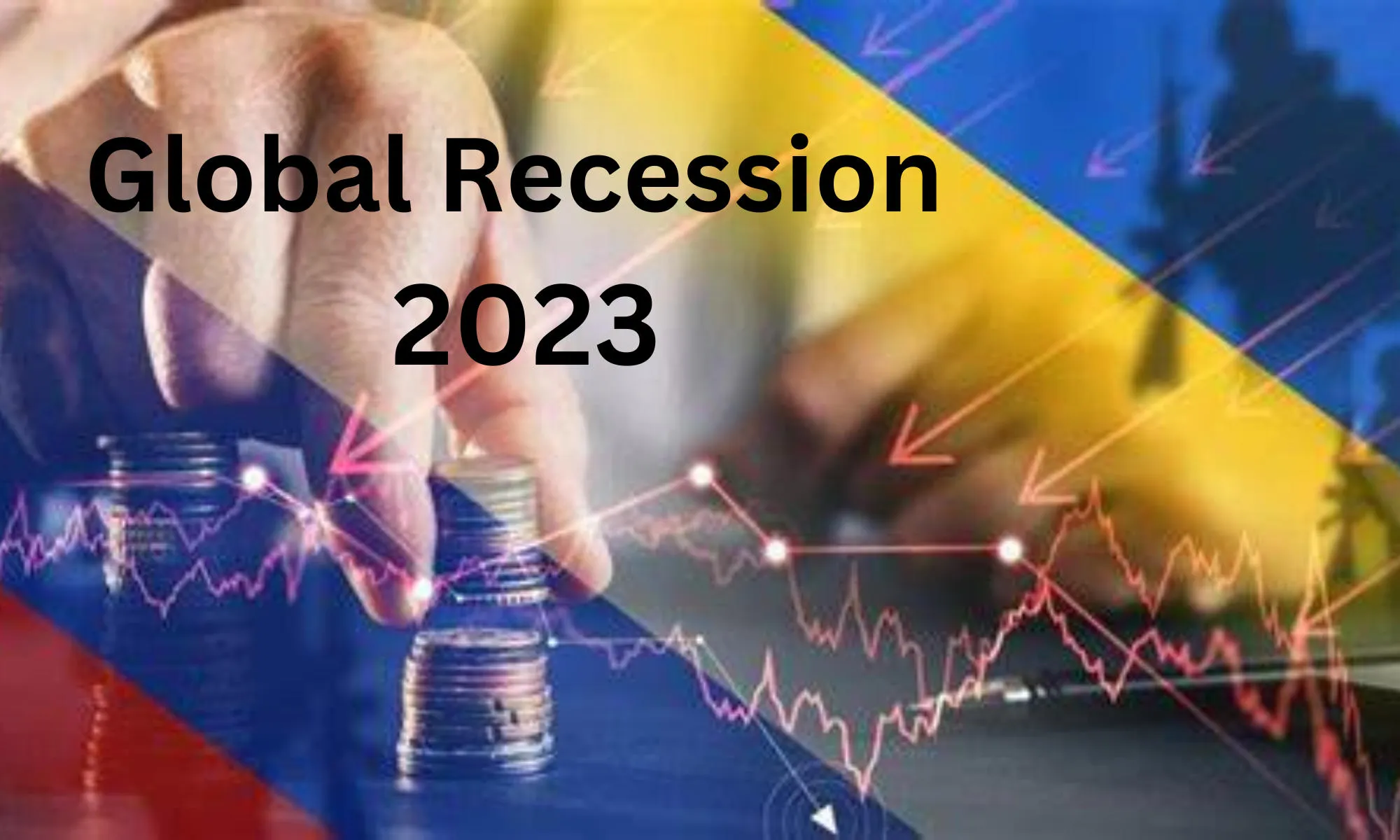Recession 2025: Are We on the Brink of Economic Collapse?
As we move deeper into 2025, the specter of a recession looms large over the U.S. economy. Recent events have sparked fears of a severe economic downturn, prompting analysts and citizens alike to question the stability of financial markets and consumer confidence. With stock market declines attributed to political uncertainty and consumer sentiment at a low, the conversation surrounding a potential recession has intensified.
In recent months, consumer confidence in the U.S. has plummeted, marking the largest decline since August 2021. This sharp drop has raised alarm bells, as consumer spending accounts for approximately 70% of the U.S. economy. Goldman Sachs has responded by increasing its estimates for the probability of a recession within the next year, linking this potential downturn to current economic policies and their effects on market stability.
The Atlanta Federal Reserve’s economic model indicates that growth may turn negative as early as the first quarter of 2025. This forecast aligns with the troubling trend of rising layoff announcements, which have surged to a 4.5-year high, signaling potential instability in the job market. Such developments contribute significantly to recession fears, as job security plays a crucial role in maintaining consumer confidence and spending.
Despite these warning signs, not all analysts agree that an economic collapse is imminent. Some argue that the U.S. economy remains on relatively solid footing, citing cooling inflation rates and strong consumer spending in certain sectors. However, the overall public sentiment is increasingly negative, with many Americans expressing frustration over current economic conditions.
The yield curve, a traditional predictor of recessions, shows signs that could indicate an impending economic slowdown. This development has prompted experts to recommend that both individuals and businesses reassess their financial strategies and savings. Preparing for potential economic challenges is essential as uncertainty continues to grow.
The widening trade deficit further complicates the economic landscape. As businesses and consumers increase purchases in anticipation of tariffs, the strain on economic growth becomes evident. The National Bureau of Economic Research defines a recession as a significant decline in economic activity lasting more than a few months, emphasizing the need for sustained negative indicators to confirm such a downturn.
While the unemployment rate remains relatively low at 4.1%, concerns persist regarding the potential impact of rising layoffs on consumer confidence and spending. Economic uncertainty is exacerbated by the Trump administration’s trade policies, which have created confusion among businesses and consumers alike. This lack of clarity in policy direction may hinder business investment, further complicating the economic recovery.
Historically, recessions can often be declared after they have already begun, highlighting the importance of closely monitoring economic indicators. Analysts suggest that while there are warning signs, the economy is not necessarily on the brink of collapse. Strong consumer spending momentum in certain sectors provides a glimmer of hope amid the pervasive uncertainty.
As we navigate through 2025, the potential impact of tariffs on consumer prices looms large. Fears that increased costs could dampen spending and economic growth are growing. The interplay of these factors will be critical in determining whether the U.S. economy can avoid a recession or if we are indeed on the brink of an economic collapse.
In conclusion, the current economic environment is marked by uncertainty and volatility. While there are significant indicators suggesting a potential recession, some experts maintain that the economy is not yet in a state of collapse. Continuous monitoring of economic indicators, consumer sentiment, and policy direction will be essential as we move forward. As the situation unfolds, individuals and businesses alike must remain vigilant and prepared for any potential economic challenges that may arise in the coming months.
Sources:






Leave a Comment